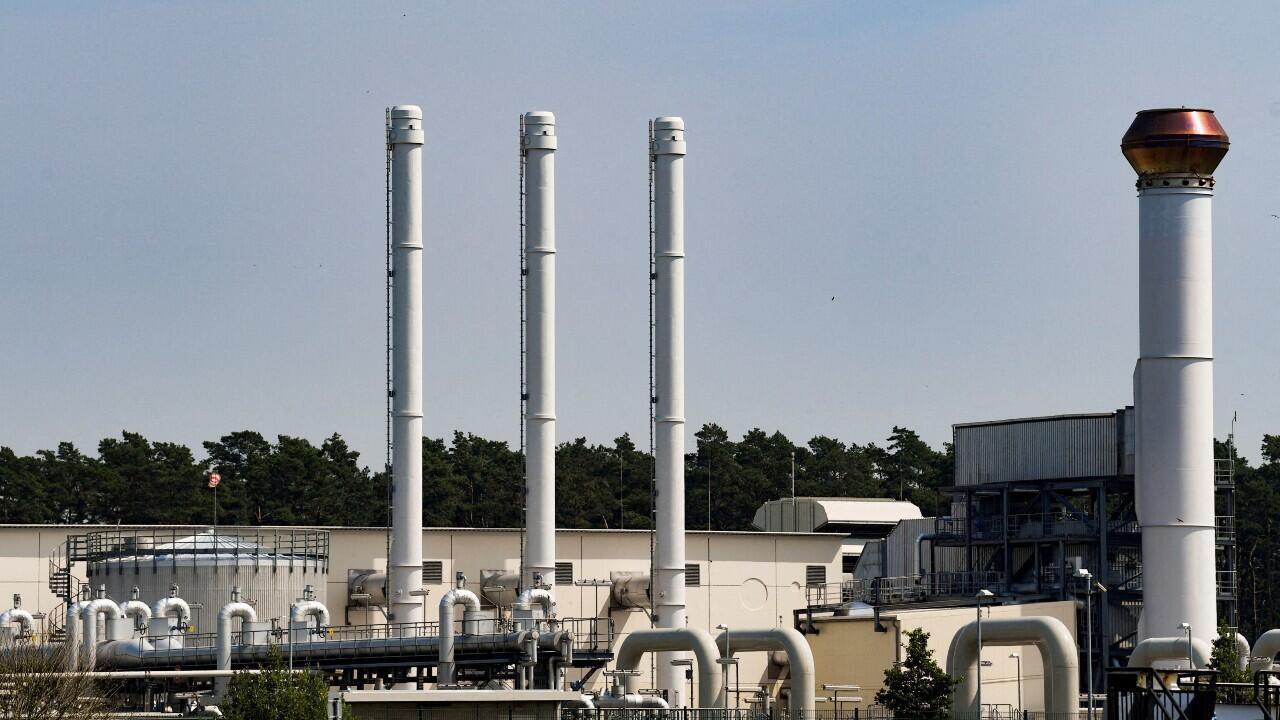First modification:
The governments of the European Union (EU) reached an agreement on July 26 to reduce gas consumption for next winter, at a time when Russia is threatening to pump the resource. Moscow announced that from Wednesday it will restrict supplies to Europe, a blow to countries that have backed Ukraine amid the war.
The European Union moves to ration gas, at a time when Moscow restricts supply.
The governments of the 27 countries approved this July 26 an emergency plan on the rationing of the resource for next winter.
The agreement requires member states to reduce natural gas demand by 15% between August 2022 and March 2023. The agreement involves voluntary actions to reduce consumption, but if the savings prove insufficient, then the bloc would impose mandatory measures.
“Winter is coming and we don’t know how cold it will be (…) but what we know for sure is that (Vladimir) Putin will continue his dirty games by abusing and blackmailing with gas supplies,” assured the Minister of Industry of the Czech Republic , Jozef Sikela.
The 27-nation bloc reached the pact after the Russian energy giant Gazprom reported on Monday, July 25, that it will limit supplies to the EU, through the Nord Stream 1 gas pipeline, to only 20% of its capacity. The cuts will start almost immediately: from Wednesday, July 27.
Moscow justifies its behavior in the need to stop another turbine at the Portóvaya pumping station to check its condition.
But the move raises concerns that the Kremlin is using the oil trade to challenge nations opposed to the war it launched against Ukraine on February 24.
A dozen EU countries already face a reduction in Russian supplies, so Brussels is pressing to save gas and store it for the cold months for fear that Russia will cut off flows entirely, in retaliation for Western sanctions due to to the conflict.
The exceptions of the EU plan
The agreement proposes to exclude from the cut nations such as Ireland and Malta that are not connected to the gas networks of other EU countries. The exception was made after some governments resisted the original proposal to introduce a binding cut for all countries.
However, German Economy Minister Robert Habeck assured that the agreement would show Putin that Europe remains united in the face of his latest actions. “They will not separate us,” Habeck said.
Also exempt from the target is gas that is used in critical industries such as steelmaking, which consumes a lot of energy.

Countries that meet the reduction planned for August could then face lower demands, which would ease cuts for about a dozen states including Germany and Italy, their current storage levels show.
In addition, those with a limited ability to export gas to other EU countries can claim a smaller margin of savings, as long as they export what they can. That could include Spain, which does not depend on Russian gas, since it buys most of it from the United States and Africa.
Madrid has pointed out that reducing its own demand would not help other territories as it lacks the infrastructure capacity to share spare fuel.
Russia, which supplied 40% of the EU’s gas before invading Ukraine, has signaled that it is a reliable energy supplier, but it is clear that reductions in the vital resource are growing ever larger and Brussels is trying to protect itself.
With AP and Reuters













Add Comment